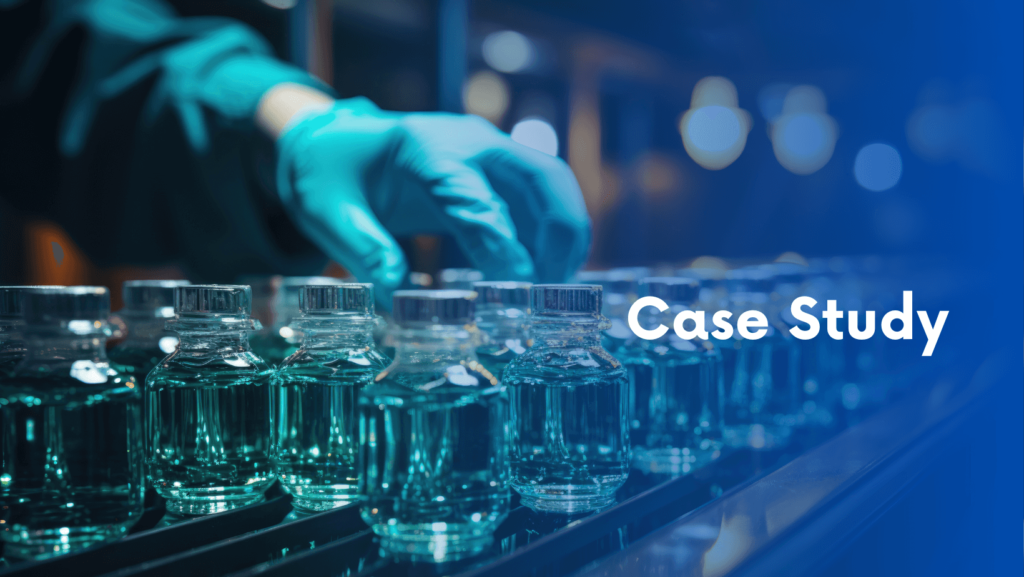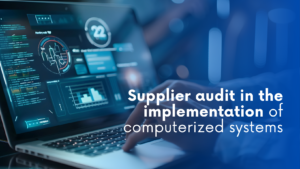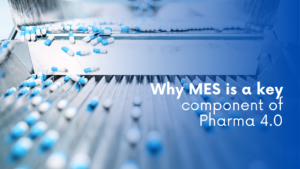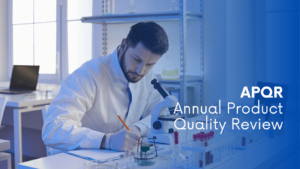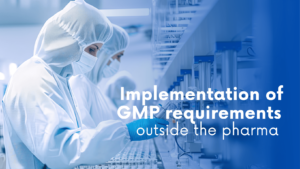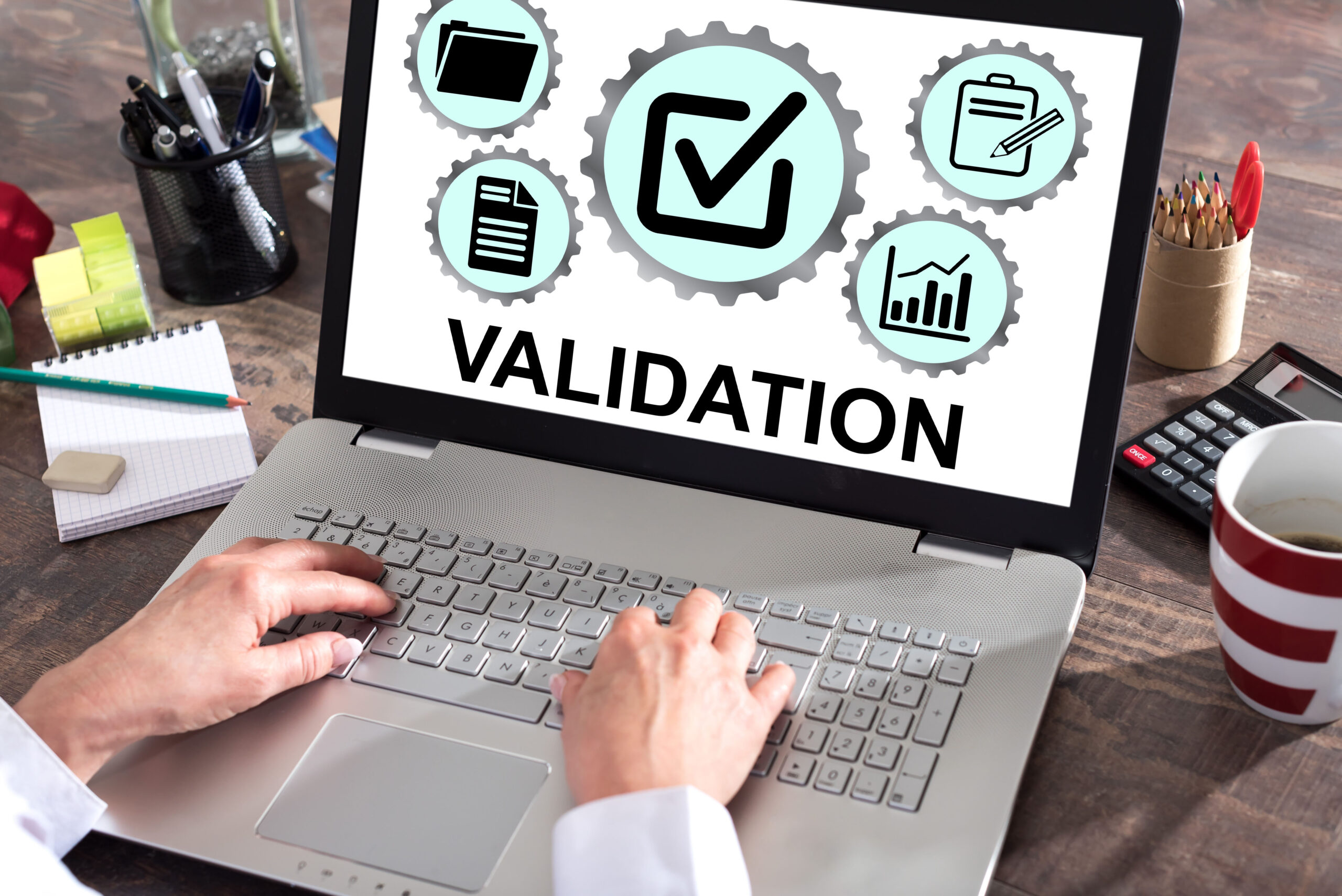Subject
Our client is a prominent vodka producer and a leader in the economical segment. With over 30 years of experience, they specialize in the production of ethanol and bioethanol for chemical, food, and pharmaceutical markets.
The client aimed to achieve the best GMP standard for spirits production in Europe. Their goal was to differentiate themselves from competitors based on quality assurance, ensuring that customers would choose their products even in the face of slight price differences. The overarching objective was to enhance their competitiveness in the market.
eConsulting was selected as the partner for this endeavor due to our extensive expertise in GMP and our ability to provide complex solutions tailored to the client’s needs.
Scope of work
The project commenced in 2022 with on-site workshops lasting several days to gain a comprehensive understanding of the client’s operations. These workshops were crucial for identifying areas of compliance with Good Manufacturing Practice (GMP) requirements, as well as areas requiring improvement or adjustment within our proposed solution.
Based on the insights gathered from the workshops, we prepared a detailed report outlining recommendations and a subsequent schedule of work.
Following this, we embarked on the development of procedures and instructions tailored specifically to the client’s needs. Given the volume of instructions required, ranging from 1 to 20 attachments per procedure, our team drew upon extensive experience and templates to craft meticulous procedures. We engaged in collaborative discussions with the client to refine these procedures, ensuring alignment with their operational context. We also suggested changes to organizational roles within the GMP framework, which the client accepted and implemented.
Subsequently, we conducted training sessions for all relevant personnel involved in the process, ensuring comprehensive coverage across various departments. These training sessions were documented to ensure compliance with the system.
Upon the system’s implementation, we commenced work on qualifications and validations, developing comprehensive documentation, including equipment qualification, risk analysis, and validation protocols.

To streamline processes and reduce costs, the client requested a collaborative approach, wherein we wrote three documents/instructions for each procedure, with the client’s team responsible for the remaining documentation. This shared responsibility approach aimed to leverage existing client knowledge while ensuring alignment with established standards.
To ensure the efficiency of the process, we adopted the following approach:
- Employees were provided with written procedures outlining how tasks should be performed, following comprehensive training sessions.
- We provided the client with documents for similar equipment, allowing them to adapt and integrate these materials into their operations seamlessly.
- The client participated actively in the development of the documents, engaging in collaborative discussions with our team. Through this joint effort, it was possible to tailor the documents to their exact requirements and workflows, and this method ultimately was approved by the client.
Throughout the process, we remained accessible to address any queries or provide guidance as needed.
The testing phase faced major hurdles due to limited equipment downtime — only 2-3 times yearly, sometimes just for hours. This posed challenges in scheduling tests, exacerbated by occasional equipment breakdowns. Some tests had to align with specific production runs, causing delays of up to a quarter. For instance, if technical-grade alcohol was being produced while pharmaceutical-grade was needed, we had to wait months for the right cycle. These constraints prolonged equipment testing and qualification.
Following that, we proceeded with the validation of analytical methods, cleaning processes, and manufacturing operations.
Subsequently, we documented the IT systems, including risk analysis, specification development, SCADA validation, infrastructure qualification, and IT systems validation.
Then we documented transport validation and conducted facility mapping.
We subsequently conducted equipment qualification, laboratory equipment qualification, validation of analytical methods, validation of cleaning processes, and validation of manufacturing processes.
The sequence of events followed our recommendations, aligning with industry best practices. However, sometimes we had to be flexible and adapt quickly to test equipment availability, considering both client’s production and sales schedules.
In addition to validation activities, we provided assistance in other areas, such as stability testing. Stability testing ensures that the product maintains its quality throughout its shelf life under various conditions. While the client primarily conducted these tests, we provided guidance on procedures and best practices.

Additionally, we prepared the client for GMP inspection, assisted in drafting the application letter, and refined procedures based on regulatory feedback.
The project involved a dedicated team of over 10 individuals, with three fully committed to the project. During team formation, we prioritized specialists with expertise in procedure development and implementation, particularly those familiar with GMP processes such as managerial reviews, deviations, and corrective and preventive actions (CAPA).
We maintained a comprehensive file containing the schedule of activities and assigned responsibilities, facilitating efficient project management. Weekly status meetings were held to discuss ongoing issues, risk mitigation plans, and project updates, with meeting notes prepared and shared with the client to ensure transparency and alignment with project objectives.
Results
Following the successful implementation, the client anticipates obtaining GMP certification for Active Pharmaceutical Ingredients (API) production, positioning them as one of several certified firms in the European Union.
This certification provides assurance to their customers of compliance with GMP standards, potentially reducing the frequency of audits and instilling greater trust in their products.
Thanks to this dedication to top-tier quality, their offering will distinctly set them apart from the competition and fortify their position in the market.
Our flexibility and ability to adapt to production schedules were highly appreciated by the client, resulting in minimal disruption to their operations.
The client acknowledged our expertise in handling unforeseen challenges, enhancing their confidence in our partnership.
